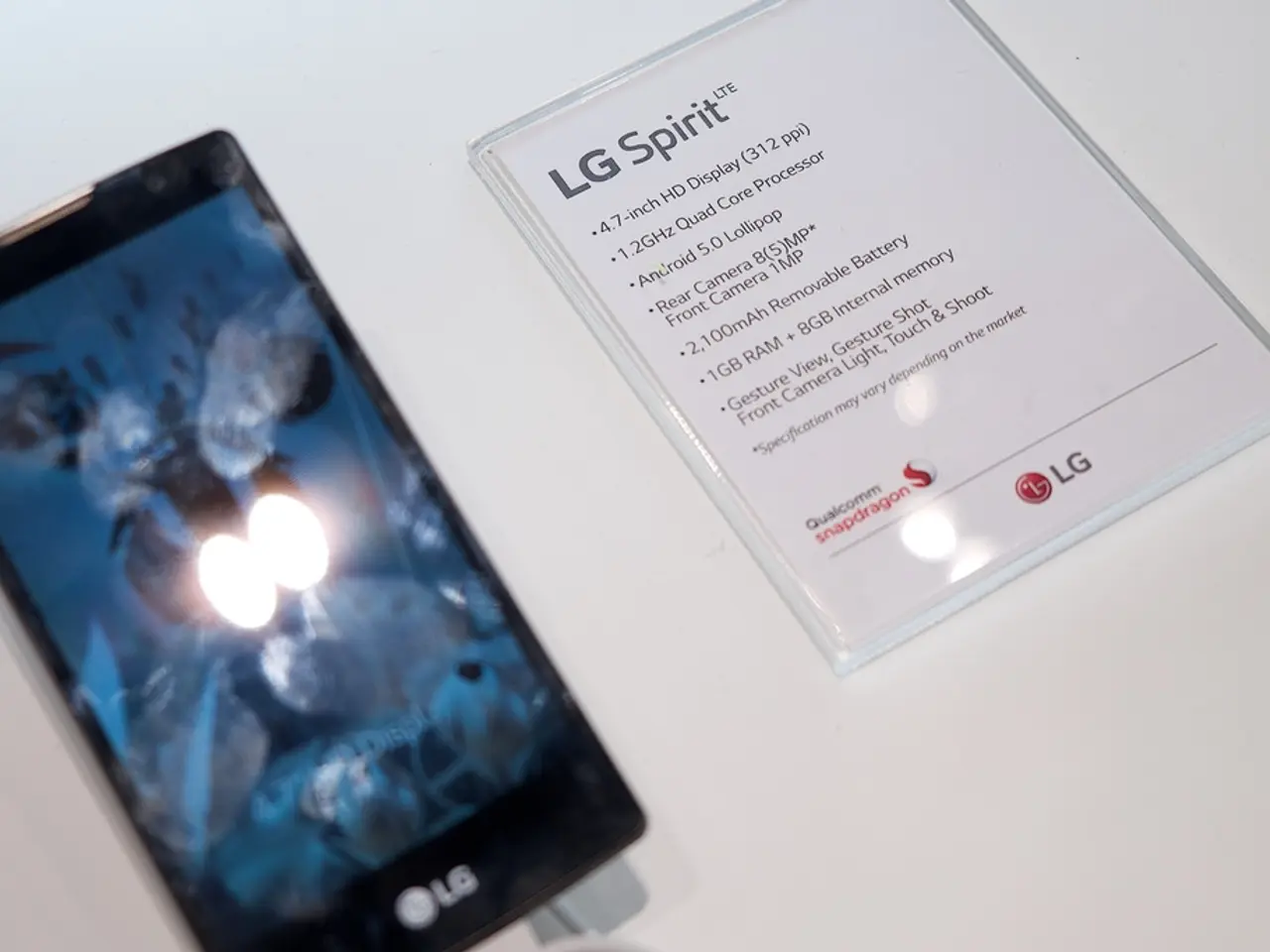Comparing Android TV OS and Tizen TV OS: Which Is Superior?
In the realm of smart TVs, two operating systems stand out: Tizen TV and Android TV. Each offers distinct strengths and weaknesses, catering to different preferences and ecosystems.
Tizen TV, developed by Samsung in collaboration with the Linux Foundation, transforms traditional TVs into interactive entertainment hubs. Its user-friendly interface provides quick access to popular apps, streaming services, and online content directly from the television. The interface is more intuitive, streamlined, and clean, with a row-based layout that ensures fast navigation and responsiveness.
On the other hand, Android TV, developed by Google, is known for its flexibility and customizability. The interface can be more complex due to its openness, allowing user tweaks and additional launcher options.
Performance-wise, Tizen TV is optimized for speed, with fast startup, quick app switching, and near-instant remote response. Android TV's performance depends on the manufacturer and hardware, but it generally offers smooth performance, albeit with the potential for slowdowns with many apps or customizations.
When it comes to app ecosystems, Tizen TV has a smaller but curated app store focused on popular streaming services, Samsung-specific services like Samsung TV Plus, Gaming Hub, and regional content. Android TV, on the other hand, offers access to the large Google Play Store, providing a broader and continually evolving selection of apps and games.
Tizen TV excels in smart home integration, with strong integration with Samsung's SmartThings ecosystem, enabling seamless control of Samsung Galaxy devices, smart appliances, and IoT gadgets from the TV. Android TV works well with Google Assistant and Google Home ecosystems, supporting many third-party smart devices.
Both Tizen TV and Android TV offer voice assistants. Tizen TV supports Samsung’s Bixby, as well as Google Assistant and Amazon Alexa, giving multiple voice command options. Android TV is built-in with Google Assistant, tightly integrated for voice search and smart home control.
In terms of content discovery and extras, Tizen TV offers advanced content discovery algorithms, plus Samsung TV Plus and cloud gaming via Samsung Gaming Hub. Android TV's content recommendation depends on Google’s ecosystem, but it supports Google Stadia (where available) for gaming.
Tizen TV is more locked-down to Samsung’s ecosystem, offering less user customization but more optimized and stable experience. Android TV, on the other hand, is more open, allowing sideloading apps, custom launchers, and other tweaks, appealing to power users.
Regarding updates and security, Tizen TV receives regular updates focused on security and performance, managed by Samsung, with integration with Samsung hardware improving update consistency. Android TV's updates depend on the device manufacturer, with Google managing OS updates, but fragmentation can cause delays.
Tizen TV supports more screen sizes and resolutions than Android TV, and it offers more than 3000 reruns and a variety of apps, the latest movies, audiovisual effects, and games that are compatible with all major technologies. Tizen TV apps can be installed from the Google Play Store or downloaded through the Samsung Web Browser and other devices with built-in Flash support.
Android TV, on the other hand, has a power-saving feature that allows it to draw less power when in standby mode. It also has a dedicated app ecosystem, allowing users to enjoy a range of entertainment options, from video streaming to gaming.
In summary, Tizen TV excels in speed, ease of use, seamless integration with Samsung hardware and smart home devices, and includes unique Samsung services like Samsung TV Plus and Gaming Hub. It tends to have a more polished, straightforward interface but offers less app variety and customization than Android TV.
Android TV, on the other hand, offers greater app diversity, customization, and integration with Google services, which appeal to users who prefer flexibility and broader software choices.
Choosing between them depends largely on ecosystem preference (Samsung vs Google), desire for customization vs streamlined experience, and app availability priorities. Additionally, Tizen TV may offer better audio quality compared to Android TV, while Android TV has a power-saving feature that allows it to draw less power when in standby mode.
- Java technology, being a crucial part of Android TV, enables its flexibility and customizability, allowing user tweaks and sideloading of apps.
- In contrast, Tizen TV's lifestyle integration reaches beyond entertainment, integrating seamlessly with Samsung's SmartThings ecosystem, transforming it into a central hub for managing smart home devices.
- When considering sports and technology, Tizen TV's performance can ensure fast navigation and responsiveness, providing an optimized and stable experience, while Android TV's power-saving feature allows it to reduce power consumption during standby, making it an energy-efficient choice.




